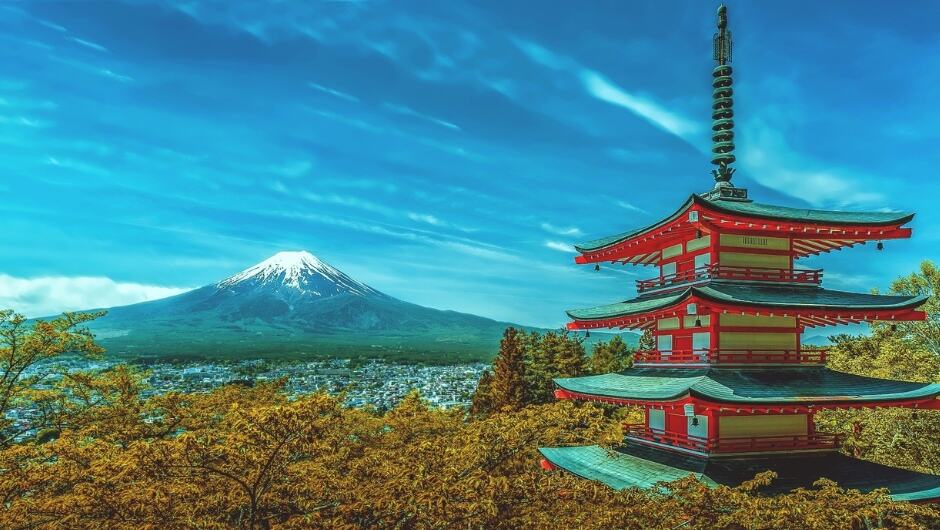Have you been considering travelling to Japan for your next holiday? Well, now that Covid restrictions are easing up and the airlines are starting to provide more reasonable flight costs, you should definitely add Japan to your bucket list. It’s an incredibly amazing place to visit and experience.
Here’s some quick and easy tips that may help your decision. Remember at Guago.com.au we are focussed on helping explorers find their way to Japan when they might be concerned about a range of things. Japan is a fascinating destination that offers something for everyone, including more mature travellers so don’t be afraid, you’ll definitely have fun. With its rich culture, delicious cuisine, and stunning natural beauty, Japan is a must-see destination for anyone who loves to travel. However, planning a trip to Japan may seem overwhelming, especially when you’re a bit older and perhaps haven’t travelled to Asia before. Yes, it is going to be very different than what you experience back home, but it’s also going to be a place where you will uncover something new and interesting every day. To help you make the most of your trip, here is a guide for explorers who are considering traveling to Japan and want to step outside of their comfort zone.
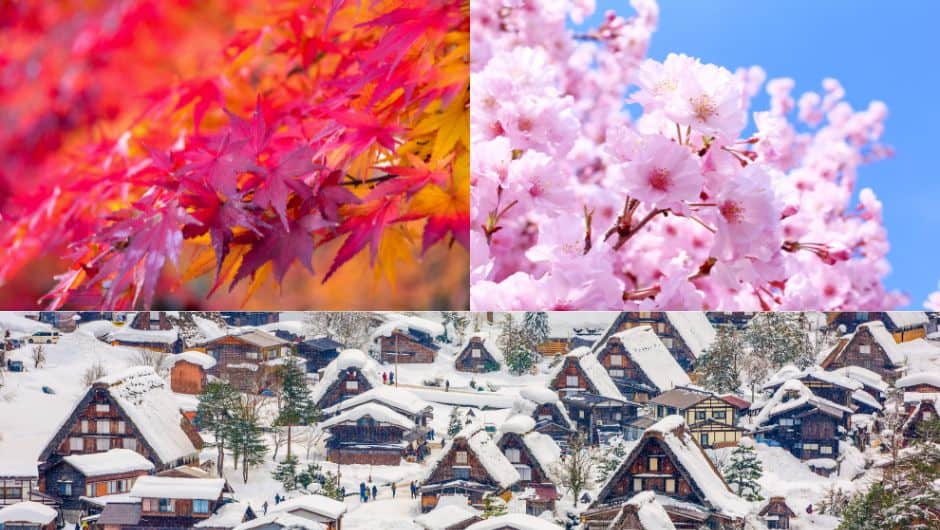
- When to Travel to Japan
The best time to visit Japan is during the spring (March to May) and autumn (September to November) seasons. During these times, the weather is mild, and the scenery is beautiful. The cherry blossoms in spring and the autumn leaves are particularly stunning, making these seasons ideal for sightseeing.
Really though, any time is a great time to go to Japan, although the summer months can be a little stifling with high temperatures and high humidity, but if you like it warm, then May through to August will be perfect. We live in a warm location in Australia, so experiencing a really different season like Autumn or Winter would be our ideal choice, but any season is a good time to visit Japan (don’t forget all the trains and most buildings are air conditioned so its quite comfortable most of the time).

- Where to Visit in Japan
Japan is a diverse country with many regions to explore. Here are a few places that may be of interest to mature travellers:
- Tokyo: The vibrant capital city of Japan is a must-visit destination. From the historic temples to the modern skyscrapers, Tokyo has something for everyone. You could spend a lifetime here and still be making new discoveries.
- Kyoto: Kyoto is home to some of Japan’s most famous temples and shrines, making it a popular destination for tourists. The city is also known for its traditional culture, including tea ceremonies and geisha performances. Kyoto is a beautiful cultural destination to visit, can be very crowded but we’d definitely recommend at least a 2 day stay in this wonderful city.
- Hokkaido: If you love nature and the outdoors, Hokkaido is the perfect destination. The island is home to stunning national parks, hot springs, and ski resorts.
- Hiroshima: Hiroshima is a city with a tragic past, but it is also a city of hope and resilience. Visiting the Peace Memorial Park and Museum is a must-do activity when in Hiroshima. Make sure to also visit Miyajima island when you’re there too (free ferry access if you have a JR rail pass).

- How to Get Around Japan
Many people worry about getting around Japan, don’t worry, they have the most amazing rail system that is safe, efficient, and reliable. Plus it’s easy to use, most stations have ticket machines that work in multiple languages so getting your ticket or adding money to your ticket pass (Suica or Pasmo) is really easy. The Shinkansen (bullet train) is the fastest way to travel between cities (make sure to order a rail pass before you travel), while local trains and buses are perfect for getting around within a city. Taxis are also readily available, but they can be expensive. We use an app on our phones called Hyperdia, you just put the start and finish destination and when you want to go and it provides the time, cost and even which platform to get on. Don’t forget about Google Maps on your phone too, it’s quite good at workingn out the best way to get to a particular city or town. Tip – if your phone service doesn’t offer a reasonable roaming capability, then organise a Japan SIM for your phone when you get here, that way you’ll be able to use the data capability without incurring heavy additional costs when you get home.
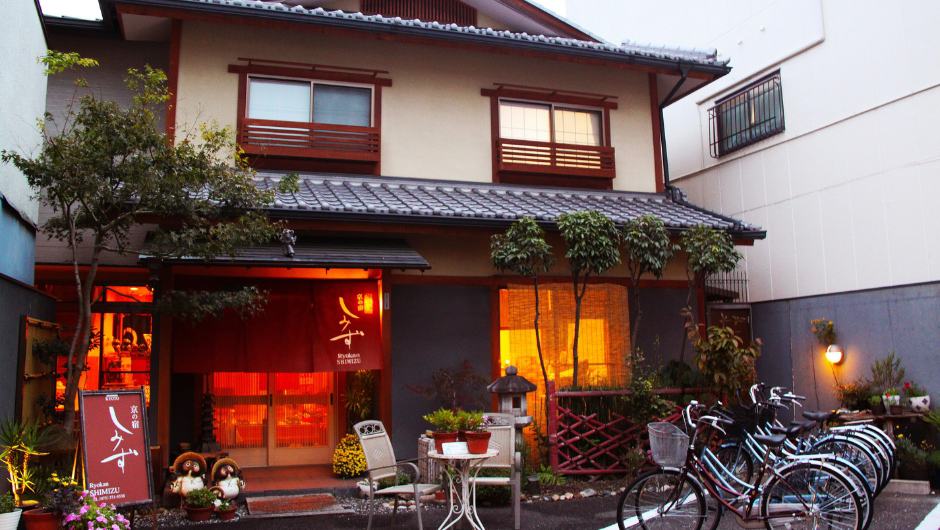
- Where to Stay in Japan
Japan has a wide range of accommodation options, from budget-friendly hostels to luxury hotels and lots in between. Some options you should consider include traditional Japanese ryokans (inns) and onsen (hot spring) resorts or even a capsule hotel (if you’re adventurous). These accommodations offer a unique cultural experience and are a great way to relax after a busy day of sightseeing. Keep in mind, hotels in Japan are definitely smaller than Western hotels (unless you are paying lots of money per night), you’ll be pretty much just using your hotel to sleep and re-charge, your days will be spent exploring so it’s a small adjustment to make.
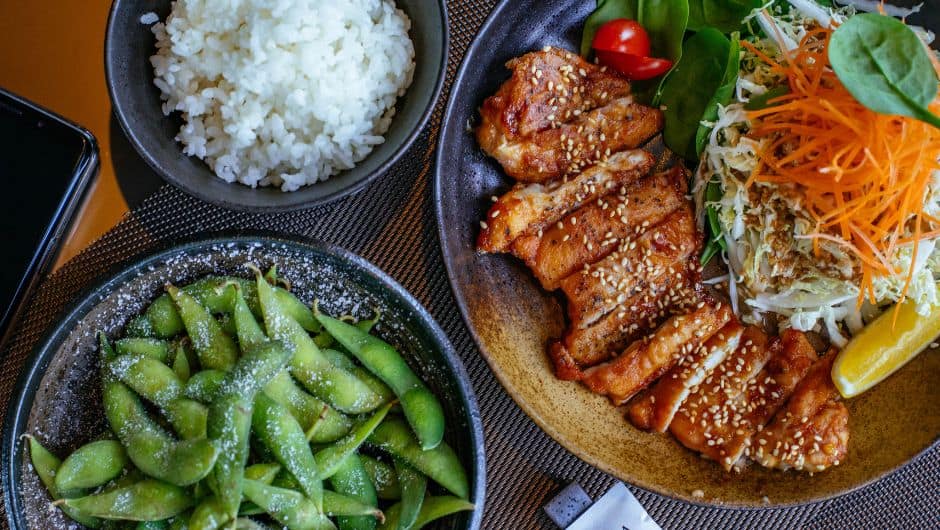
- What to Eat in Japan
Japanese cuisine is famous for its fresh, healthy, and delicious food. Some must-try dishes include sushi, ramen, udon, tempura, and okonomiyaki. If you are feeling adventurous, try some of the more unusual foods, such as fugu (pufferfish) or natto (fermented soybeans). These days there is a plethora of dining options available, you can pretty much find any cuisine from anywhere around the world. Food standards are high in Japan so dining pretty much anywhere is going to be safe and super delicious. We love the fact that they really focus on seasonal produce so it’s fresh and always tasty.
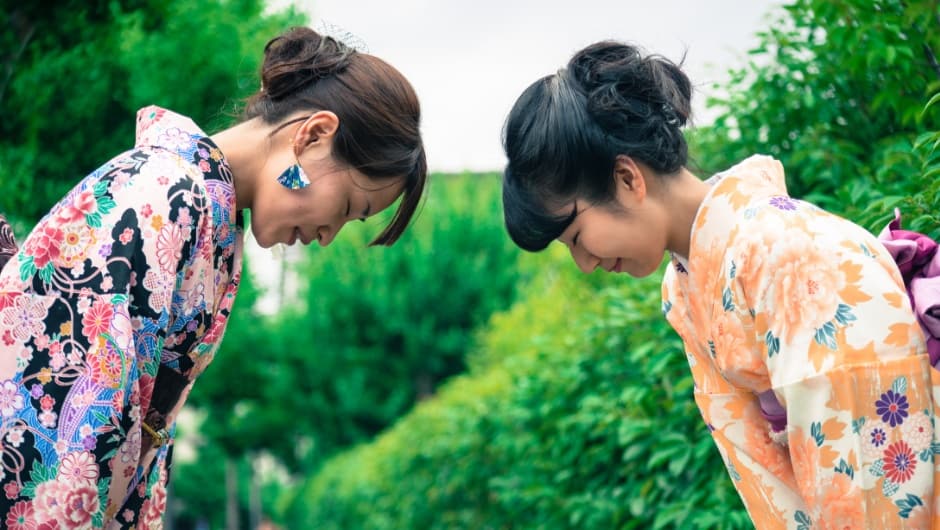
- Cultural Etiquette in Japan
Japan has a unique culture with its own set of customs and etiquette. Here are a few tips to keep in mind when traveling in Japan:
- Remove your shoes when entering someone’s home or a traditional ryokan.
- Bowing is a common form of greeting and showing respect in Japan.
- Use chopsticks correctly and avoid pointing with them.
- Avoid talking loudly or making a scene in public.
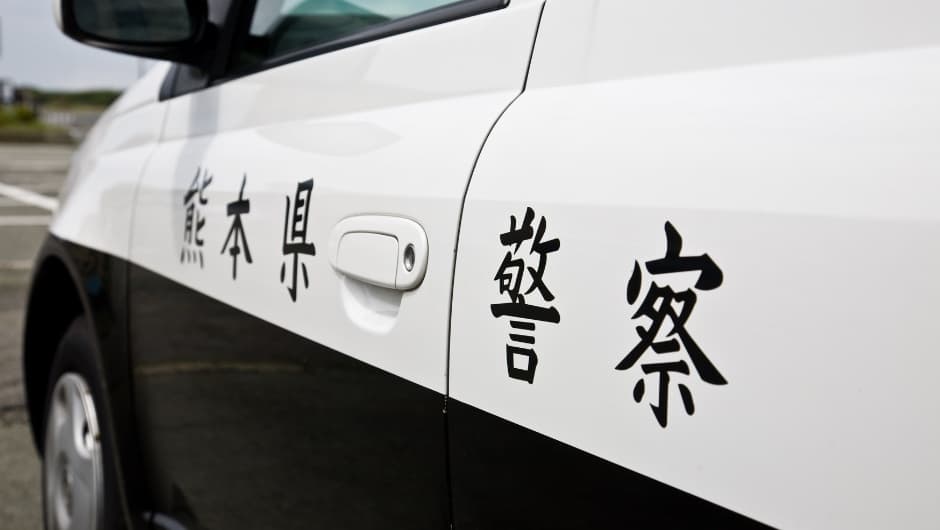
- Safety in Japan
Japan is a very safe country, with a low crime rate and strict gun laws. However, it is always important to be aware of your surroundings and take precautions to keep yourself safe, such as avoiding dark alleys at night and keeping your valuables secure.
So what are you waiting for, Japan is a fantastic destination for anyone who is looking for a unique and exciting cultural experience. Be prepared to experience something very different than what you may be used to where you live, and isn’t that one of the great things that travelling provides.
Have fun.

